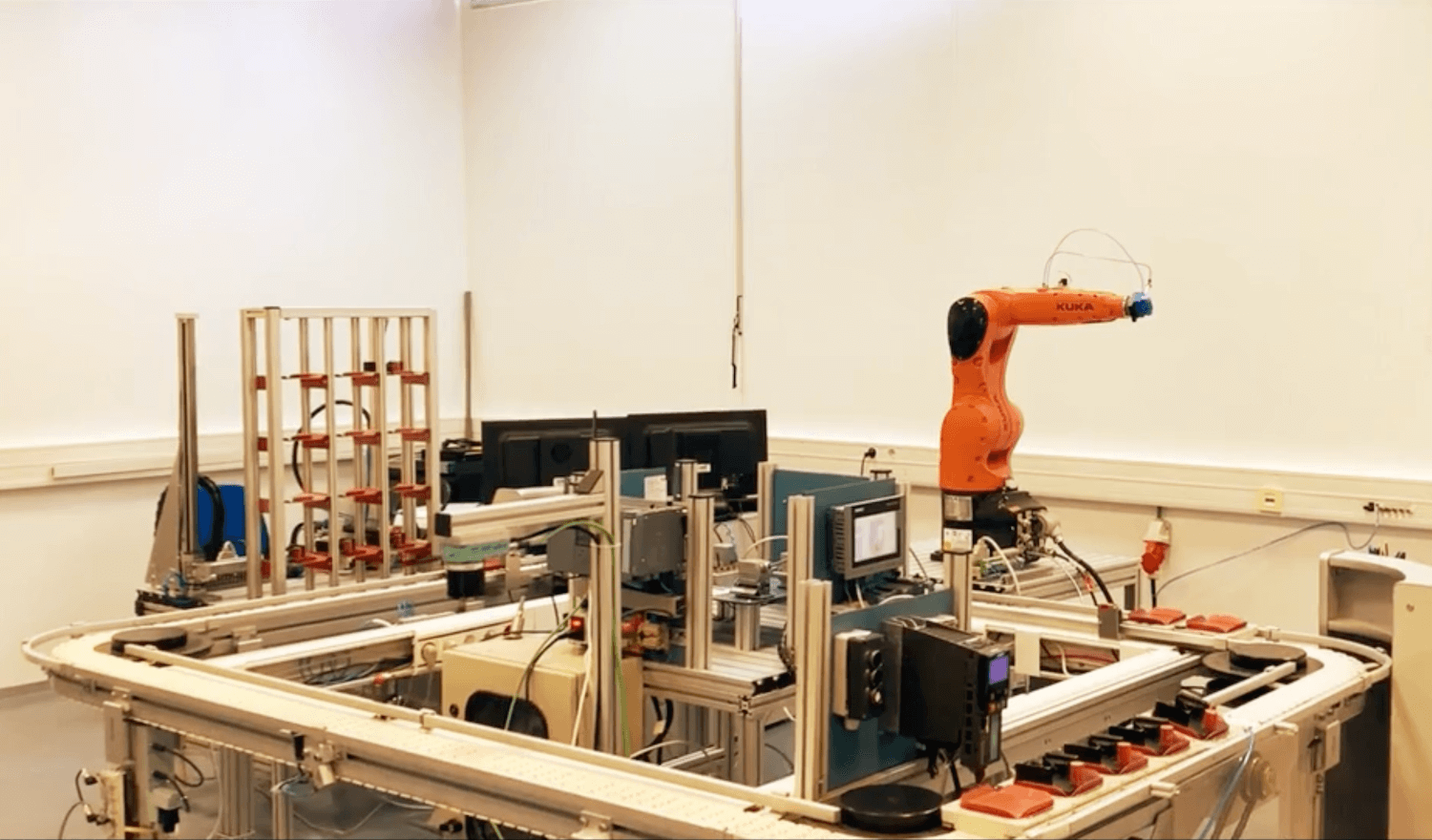
Volkswagen Project Abroad
During my stay abroad in Portugal I shot and edited two videos. One of the videos is used by Volkswagen as a promotional video.
Volkswagen

Software Project
A module from the study Computer Science Bachelor of Science at Leibniz University Hannover. Creating a software for the customer.
Leibniz Universität Hannover

Bachelor Thesis: Analysis Platform feelio
feelio is a structured analysis platform for app reviews from the Google Play Store, Apple App Store, and CSV imports. It displays metadata such as average ratings and screenshots, and classifies reviews using AI models into categories such as sentiment, readability, emotion, and type (e.g., bug, UX). The tool offers various visualizations and metrics, supports app comparisons, and allows the flexible integration of new classifiers. It is used in this project to detect explanation needs in reviews and assign them to corresponding taxonomy categories. The software is internally hosted by Leibniz University Hannover; a Figma prototype is available for demonstration purposes.
Leibniz Universität Hannover

Master Thesis: LLM-based Classification of Explanation Needs
In this thesis, a large-scale, reasoning-based gold standard dataset for explanation needs in app reviews was developed—based on over 6.2 million review data points and 5,004 multi-annotated samples from a multi-rater annotation process. Various state-of-the-art LLMs, including LLaMA, DeepSeek, Gemini, and GPT, as well as traditional machine learning models, were trained and evaluated. The best-performing models were integrated into feelio, an interactive analytics tool designed to detect and categorize explanation needs using an extended taxonomy. The software is internally hosted by Leibniz University Hannover. A product presentation is available for demonstration purposes.
Leibniz Universität Hannover